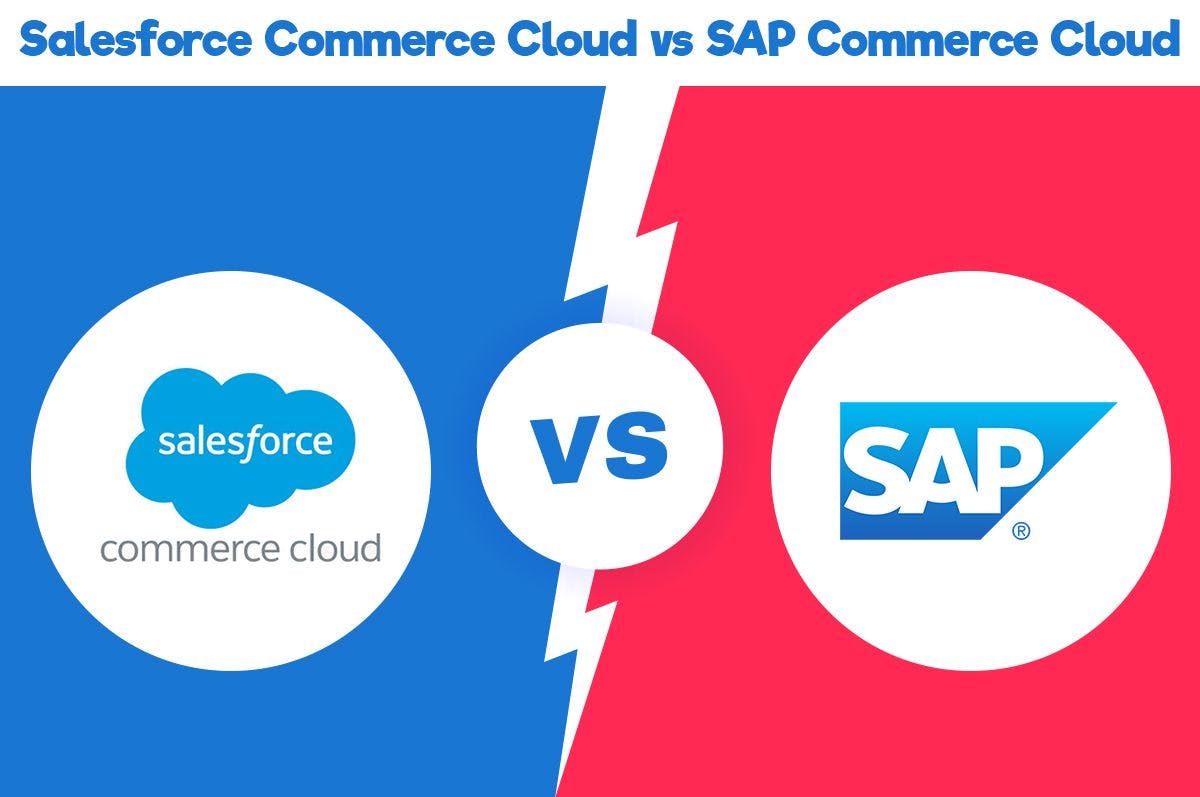162 reads
Salesforce Commerce Cloud vs SAP Commerce Cloud
by
May 28th, 2021

Cyntexa is a Salesforce Summit Consulting Partner and is considered one of the top Salesforce Development Company.
About Author
Cyntexa is a Salesforce Summit Consulting Partner and is considered one of the top Salesforce Development Company.
